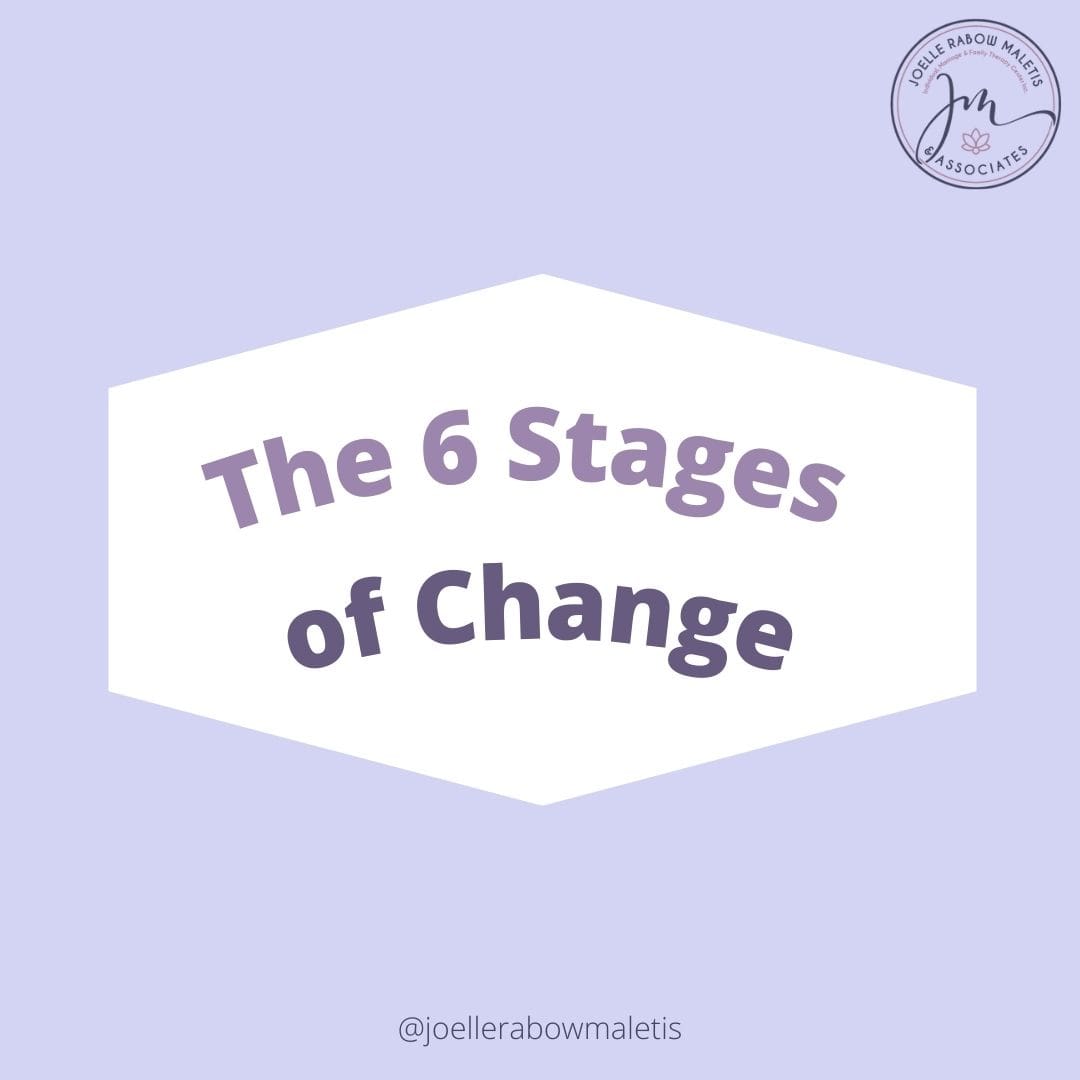Change is natural to life, and it is inevitable as this summer ends and fall is approaching. For some, school is restarting. For others, we might be starting a new job, moving to a different city or experiencing the loss of a loved one. Whether you are a parent, law enforcement officer, veteran, student or employee, it can be daunting to leave behind an old routine and begin a new one.
Humans inherently don’t like change because we feel out of control. What happens to us causes an action-behavior response physically and emotionally. When we feel out of control, this leads to us feeling stressed or resentful.
According to The Change Cycle Series, there are six stages of change. The Change Cycle Series combines findings from psychology, neurology, physiology and physics to describe the human experience of change.
Stage 1: Loss
The first stage of change involves losing something or starting a new experience. Whether it’s positive or negative, you are experiencing a loss of control. You have feelings of fear, your thoughts are cautious and your behavior is paralyzed. It can feel similar to driving at night: You can see directly in front of you, but not the whole road ahead.
To move past this stage:
- Ask yourself: Why am I concerned? What’s the worst that could happen? What’s most likely to happen?
Stage 2: Doubt
The second stage of change is doubt. You may have feelings of resentment, your thoughts may be skeptical and your behavior might be resistant. Many people will find themselves getting angry that the change is occurring and wishing they could go back to the “old way.” This can give you tunnel vision to only see things from one perspective.
To move past this stage:
- Gather valid and accurate information about the change to gain a better sense of reality.
Stage 3: Discomfort
In this stage, your brain is trying to process the change, but you still don’t understand exactly what is going on. This can lead to anxious feelings, confused thoughts and unproductive behavior. You might feel overwhelmed with emotions and become lethargic. It is important to avoid anxiety from turning into fear that will hold you back.
To move past this stage:
- Stay present in the moment and motivate yourself to plan the next best action steps
Stage 4: Discovery
If you’ve made it this far, you’re already more than halfway through! You start to feel in control again and can see the light at the end of the tunnel. You have feelings of anticipation, resourceful thoughts and energized behavior. Be sure to act quickly on your next steps.
To move past this stage:
- Create options and decisions for yourself and act on them.
Stage 5: Understanding
In stage 5, whether we like it or not, we accept and understand the change has occurred. You feel confident, your thoughts are pragmatic and your productivity significantly increases. You are able to implement what you have learned during this change into your life.
To move past this stage:
- Stay positive and continue to implement the change.
Stage 6: Integration
In the final stage, the change no longer seems unfamiliar. You have experienced the consequences and rewards of the change. You feel satisfied, have focused thoughts and generous behavior. Although you should be proud of your accomplishments, avoid becoming complacent or arrogant.
When you can consistently reach stage 6, your resilience increases and you are more flexible to change. Successfully integrating change into our lives creates a sense of personal satisfaction and confidence.
Change can come in all shapes and sizes. Anyone can move forward and adapt to new environments when they use a positive attitude and implement the right skills. Although it might not be easy, over time we learn to integrate the change in our life, and soon we do it without thinking.
At JRM&A we lead with compassionate, trauma-informed therapeutic models that are personalized and solution-focused to help support our clients’ needs and attain their personal goals.
We want to spread the message that you are not alone in your mental health struggle and we are here to help you.
More Resources To Help Cope With Change
- Ted: How to find meaning after loss
- Ted: How to support yourself and others through grief
- How to Make This Hard Transition Back to School With Your Students
- To talk with one of our licensed therapists, schedule an appointment with us.
We’re offering a FREE 9/11 support group on Saturday September 11, 2021 from 1:30-3:30 p.m. for all military personnel and veterans with Nick Watkins, AMFT. Join the Zoom meeting here.
Starting weekly on Mondays, September 20, 2021 from 6:30-8:00 p.m. Nick Watkins, AMFT, will be hosting a support group for military personnel and veterans. You can join this weekly Zoom meeting here.
This support group is tailored to help those who were directly deployed to Afghanistan, worked support missions such as drone pilot or intel or those who lost comrades in arms there. It will teach skills on how to cope with the withdrawal of the Coalition Force, humanitarian disasters, betrayal of allies, increased media attention in addition to other issues stemming from Afghanistan.
Nick Watkins, AMFT, is an Air Force veteran who served from 2005 to 2015 as a Signals Intelligence Analyst. He toured in Afghanistan on the NSA Cryptologic Support Team doing insider threat analysis. He spent his career working joint service in Ft. Meade, the Kunia Tunnel, JBER and Lackland AFB.




